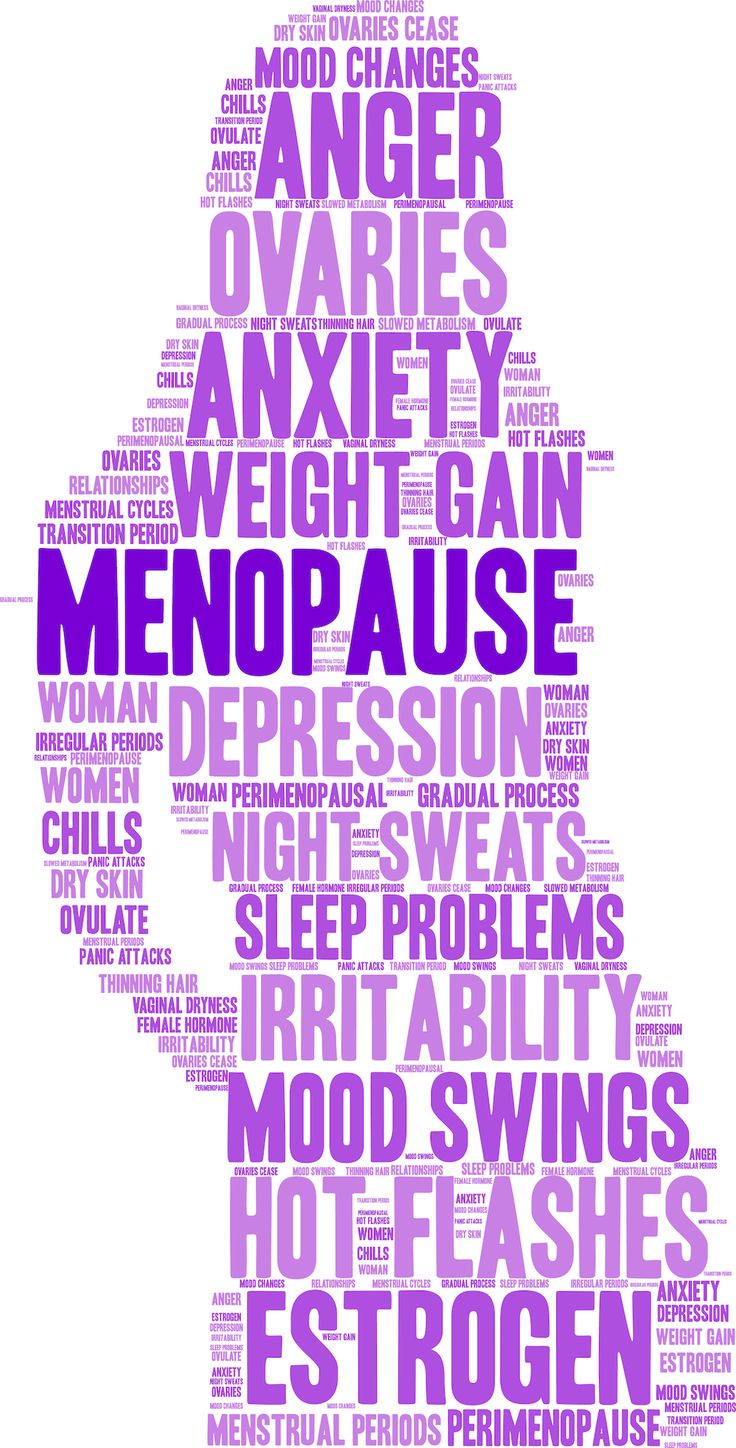Salote watched her older sister unravel at the mercy of menopause and wondered when her own storm might hit.
“My sister had it bad. The tantrums or mood swings were so extreme that she would throw things at her family,” she recalls.
“I started thinking about, what if I’m going to go into that phase – how do I prepare myself for that?”
Fortunately for Salote, menopause arrived on a quiet tide – it came and went without much fuss, she says. No mood swings, brain fog or hot flushes. Not even the sudden weight gain many women dread.
“I sailed through it. I didn’t have all these complications.”
At the time, she was juggling a full-time job, three children, and ageing parents.
“I had caesarean with all of my children so I already have had some challenging times.
“By the time I got to that phase (menopause) in my life, it was kind of just another thing to carry. I had work. I had home. I had travel. I had everything going on so I really can’t pinpoint what part of the menopausal challenges made it difficult for me to go on.
“I just kind of went through the motions.”
It took nearly five years, on and off, for the symptoms to disappear, she says. But just as she thought it was over, it returned.
“It wasn’t like what other women talk about. I didn’t even know I was in menopause. My period just stopped. After another five years, it came back on… a flow that lasted around four days.”
Unbeknownst to Salote, hitting menopause at 40 was a major red flag – it meant she was more likely to suffer a stroke.
At the age of 48, she collapsed in her yard one day. She struggled to understand why her body had failed her, especially when she had always tried to stay healthy and active.
“I had a stroke, and for two years, I couldn’t walk properly. I was dragging my leg around.
“I realised later that early menopause increases your risks of stroke, but no one told me that – not the doctors or the nurses.”
Salote acknowledges the support of her children and husband during this period.
“I remember one day, trying to hang the washing and I just stood there and cried because I thought – how do women survive this when they don’t have anyone to help them?
“You feel like you’re not the same person. You’re slower. You forget things. And you’re scared.”
It has been over 10 years since the stroke and Salote believes early warnings would have prepared her better.
“I wish I had known earlier. Maybe I could have done something different, or paid more attention.”
To help younger women, she speaks openly about her experiences.
“I tell them, don’t ignore the signs. Even if you think you’re too young, don’t wait for something big to happen before you take it seriously.”



